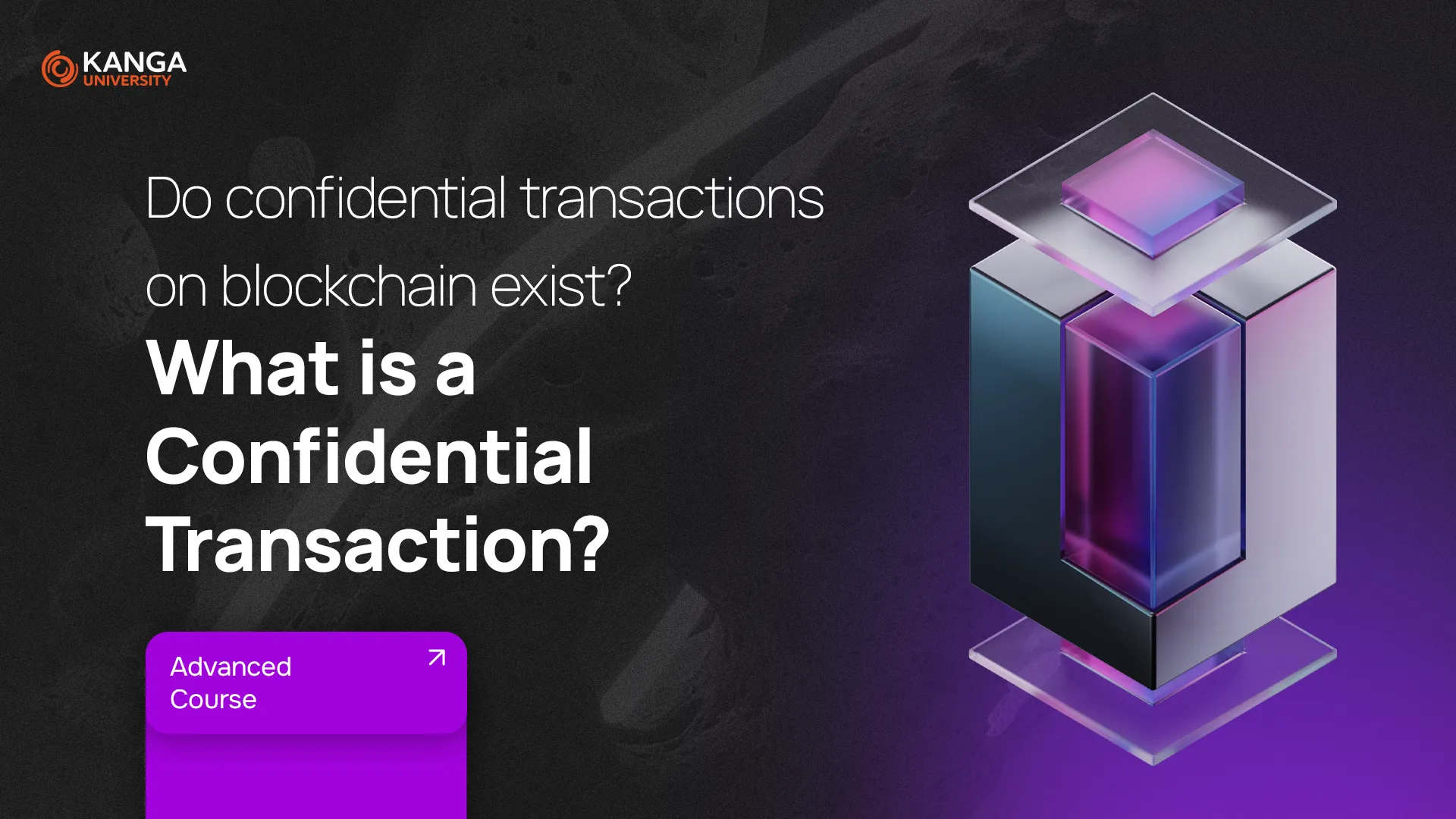
Cryptocurrencies were built on the promise of freedom and privacy. But is everything we do on a blockchain truly anonymous? Not quite. That’s why some developers introduced a solution called Confidential Transactions (CT) — a way to hide the sensitive details of a transaction while keeping it secure and verifiable.
Let’s explore how this works, why it matters, and where it’s being used today.
The Origin of Confidential Transactions
In 2013, cryptography expert Adam Back realized a major contradiction in the world of blockchain: it’s decentralized and secure, but also completely transparent. Anyone can check wallet addresses, amounts, and timestamps. This level of openness can be a privacy issue for users who don’t want their financial data exposed.
To solve this, he proposed a system that could encrypt transaction details — like the amount or the identities of sender and receiver — without compromising the security or integrity of the blockchain. That system became known as Confidential Transactions.
So, How Do They Work?
In a typical blockchain transaction (like Bitcoin), everything is public: who sent money, to whom, how much, and when.
But with Confidential Transactions, that information is hidden. The trick lies in using cryptographic tools that allow the network to verify a transaction is valid without revealing its contents.
At the core of CT is something called a Pedersen Commitment — a clever math-based method that lets you lock data inside a cryptographic “box.” Everyone can check that the box is valid, but no one can see what’s inside.
In simple terms:
-
Transaction amounts are encrypted.
-
Wallet addresses are hidden.
-
Users prove a transaction is valid without disclosing the actual details.
This is achieved using blind signatures, which require multiple cryptographic proofs to authorize a transaction without revealing any private data.
Real-Life Example: Monero and RingCT
One of the best-known use cases for Confidential Transactions is the cryptocurrency Monero, launched in 2014. Monero focuses entirely on privacy and decentralization, making it a go-to choice for users who want complete financial confidentiality.
Monero uses a special version of CT called Ring Confidential Transactions (RingCT). Here’s how it works:
-
Every transaction is mixed with many others inside the network.
-
It’s impossible to tell which coins belong to whom.
-
Even the transaction amount is hidden.
This means that no one — not hackers, companies, or even governments — can trace the funds. And yet, Monero’s blockchain remains secure and operational.
Why Confidential Transactions Matter
In a world where digital surveillance is growing, CT offers a powerful layer of protection for users. It turns blockchain from a public ledger into a private vault — at least for those who choose to use it.
Supporters believe that privacy should be a default right, not an exception. They argue that even if CT is sometimes misused (for example, for money laundering), so is cash. The technology itself is neutral — it’s how people use it that matters.
Recap: How Confidential Transactions Work
-
Encrypt transaction data using cryptographic commitments.
-
Hide sender, receiver, and amount from public view.
-
Allow validation without revealing the actual content.
-
Use digital signatures and blind commitments to verify authenticity.
-
Make the blockchain safer for users who value privacy.
Summary
Confidential Transactions are a game-changer for those who believe privacy is a human right. By hiding transaction details while still ensuring everything is secure and verifiable, CT brings us one step closer to making cryptocurrencies a truly private and usable alternative to traditional money.
As more people become aware of how much of their data is exposed online, technologies like CT are likely to gain popularity — especially in privacy-focused coins like Monero.